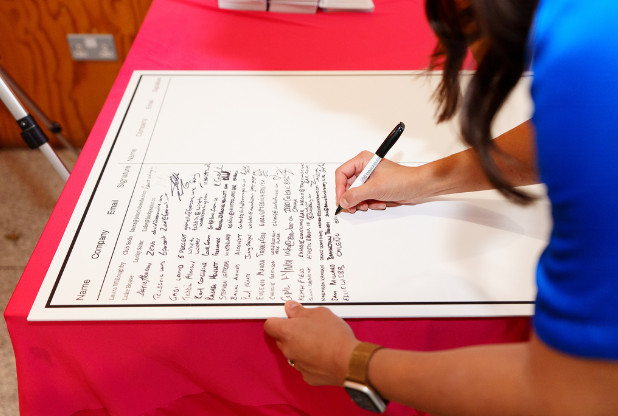
Alcohol-free brands urge health minister to update outdated drink labels
Nearly 80 alcohol-free brands, suppliers and drinks experts have urged health minister Andrew Gwynne MP to take swift action on outdated alcohol-free drink descriptors.
In a letter signed by attendees of the recent Low, Light and Alcohol-Free Summit in London, industry leaders argued that current labelling regulations confuse consumers and hinder informed choices. Although the government acknowledged these issues a decade ago and held two consultations, the latest in 2023, no updates to the guidance have been made.
The signatories include Luke Boase, founder of Lucky Saint and chair of the Adult Non-Alcoholic Beverage Association in the UK, and BBC Morning Live chef and presenter Briony May Williams, who is also an advocate for alcohol-free drinks.
The letter calls for the government to bring alcohol-free descriptors in line with global standards (≤ 0.5% abv), noting that this change does not require new legislation and could deliver quick benefits for public health, UK producers and the economy.
“This should be a no-brainer for the minister,” said Laura Willoughby MBE, founder of Club Soda. “The consultation’s done, there is no need for new legislation, and the positive health and economic outcomes will become obvious in no time.”
Luke Boase added: “The time is right for low and no-alcohol brands to collaborate with the government and clear the path for further growth of the alcohol-free category. With evolving drinking habits and the desire from the government to improve public health, alcohol-free drinks offer an important solution for both consumers and venues.”
The push for updated labelling standards mirrors wider discussions within the beverage sector about adopting new approaches to meet changing consumer demands. In a recent ProWein Business Talk, industry experts highlighted how digitalisation could play a role in transforming the wine industry by connecting fragmented agricultural production with fast-moving logistics and supply chains. While wine businesses have increasingly adopted digital solutions like CRM systems and e-commerce tools, there remains significant untapped potential for growth in digital marketing.
In the latest edition of Harpers, Paul Mabray, a futurist in the US wine industry, emphasised the importance of cultural change to support digital transformation. “Intellectual curiosity is probably the most important thing [when it comes to digitalisation], also the capacity for failure. Experimentation is key. We’re risk averse in the wine industry,” he said.
This ongoing digitalisation trend in the wine industry highlights the value of aligning regulatory frameworks and communication strategies to better meet consumer expectations. For the alcohol-free sector, updating descriptors could pave the way for clearer information and wider acceptance, potentially transforming consumer habits.
Keywords:
- Supply Chain
- wine industry
- public health
- digital marketing
- alcohol-free drinks
- consumer habits
- Laura Willoughby
- Luke Boase
- labelling regulations
- Andrew Gwynne MP
- health minister
- Low Light and Alcohol-Free Summit
- Adult Non-Alcoholic Beverage Association
- global standards
- digitalisation
- ProWein Business Talk
- CRM systems
- e-commerce tools
- cultural change




